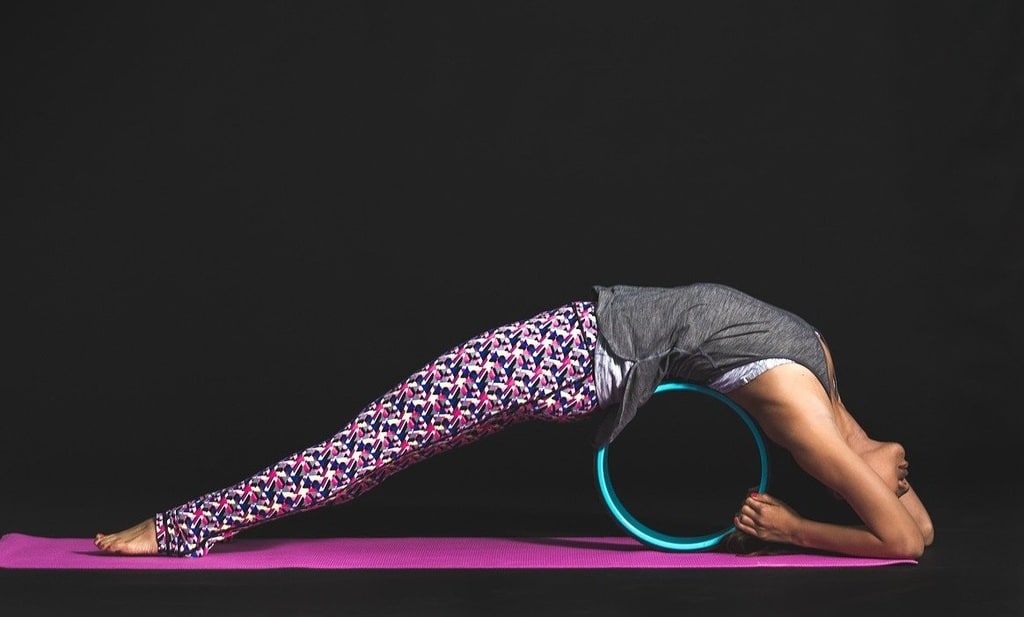
The power of mindfulness in self-care
In today’s fast-paced world, where stress and distractions are a constant presence, the practice of mindfulness has become a transformative tool in the realm of self-care. People are increasingly seeking ways to nurture their mental and emotional well-being, and mindfulness offers a path to achieve this. By focusing on the present moment and cultivating awareness, mindfulness empowers individuals to connect with themselves on a deeper level, promoting both mental clarity and emotional resilience.
Mindfulness as a Key Component of Self-Care
Mindfulness, as a practice, involves paying attention to one’s thoughts, feelings, and surroundings without judgment. This conscious awareness forms the backbone of effective self-care routines. Embracing mindfulness allows individuals to recognize their needs and respond to them with compassion and understanding. It has been shown to reduce stress, improve focus, and enhance overall well-being.
Integrating mindfulness into daily life fosters a sense of balance and tranquility. As people become more aware of their internal states, they can identify sources of tension and address them proactively. This practice encourages a deeper connection to the self, enabling individuals to respond to life’s challenges with greater equanimity and grace.
The Benefits of Practicing Mindfulness
Mindfulness offers a plethora of benefits that enhance both mental and physical health. Research has demonstrated its efficacy in reducing symptoms of anxiety and depression, as well as improving sleep quality and boosting immune function. These advantages make mindfulness a valuable tool for those seeking a holistic approach to self-care.
By fostering a non-judgmental awareness of the present, mindfulness encourages a shift in perspective. This shift allows individuals to step back from their habitual reactions and view situations with greater objectivity. Such a practice not only reduces stress but also enhances emotional intelligence and interpersonal relationships.

Incorporating Mindfulness into Daily Life
Incorporating mindfulness into daily routines can be simple and accessible. One does not need to dedicate hours to meditation; even a few minutes of mindful breathing can make a significant difference. Consistency is key, and with regular practice, individuals can cultivate a more mindful approach to life.
Here are some practical ways to integrate mindfulness into everyday activities :
- Start the day with a few minutes of mindful breathing to set a calm tone.
- Practice mindful eating by savoring each bite and appreciating the flavors and textures.
- Take regular breaks to stretch and focus on the breath, especially during stressful moments.
- Engage in mindful walking, paying attention to each step and the sensations in the body.
- End the day with a gratitude journal, reflecting on positive experiences.
Mindfulness and Emotional Balance
Mindfulness plays a significant role in achieving emotional balance. By fostering an awareness of thoughts and feelings, individuals can develop greater emotional regulation. This ability to manage emotions effectively leads to a more stable and fulfilling life.
Engaging in mindfulness practices allows for the observation of emotions without becoming overwhelmed by them. This detachment provides a buffer against reactive emotional patterns, promoting a healthier and more balanced emotional state. Over time, mindfulness can lead to profound personal growth and a deeper understanding of oneself.
Embracing the Journey of Self-Discovery
Mindfulness is more than a practice; it is a journey of self-discovery and transformation. By embracing mindfulness, individuals open themselves to new possibilities for personal growth and well-being. This journey is unique for each person, shaped by their experiences, insights, and intentions.
As mindfulness becomes a part of daily life, its benefits extend beyond the individual, influencing relationships and communities. The practice of mindfulness fosters a culture of empathy, compassion, and understanding, creating a ripple effect that enhances the well-being of others. This transformative power makes mindfulness a vital component of self-care.
